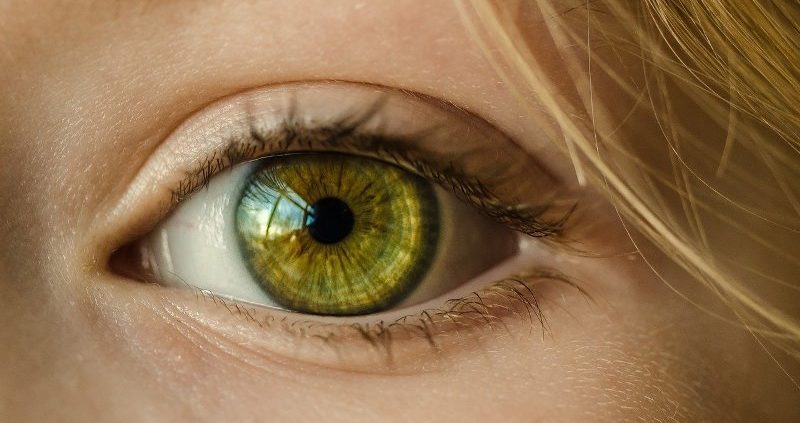As you get older, you may be more at risk of developing cataracts, which can severely reduce your vision. Outside of age, there are other factors that may play a part in their development. While you may not be able to guarantee whether or not you have to deal with this in the future, taking some steps right now can help to limit the likelihood of their formation. This could help you to avoid needing eye surgery, which can be quite daunting.
Table of Contents
Wear Sunglasses
The UVB rays from the sun can greatly affect your likelihood of developing cataracts within your life. To prevent this, you may want to find ways to shield your eyes from excessive light.
If you find that your existing sunglasses don’t offer protection from these rays, and simply act as a means of darkening, you may want to consider an alternative.
Procuring a new pair of Oakley prescription sunglasses means that you will be able to seek out the protection you require and help yourself to see better in bright light.
By using prescription sunglasses, you can remove the struggle of choosing between better vision and reduced blurriness, as both will be available within your lenses.
Quit Smoking
There are a number of different health problems that can be caused by a smoking habit. While many people are aware of the damage that smoking can do to a person’s lungs and heart, they may be less educated on how it can affect other areas of the body. In particular, smoking can be attributed to the development of a number of eye problems, including cataracts.
While it is best to never start smoking in the first place, quitting is also an option. The sooner you quit, the lower your risk may be. As smoking is a form of addiction, you may require support from cessation services to aid you in this. Nicotine replacement therapies are also a viable option.
Attend Eye Exams
Regular appointments with your optometrist don’t just exist to see whether or not you require glasses. They also help to discover any problems in or behind the eyes. During your eye exam, the optometrist may look for signs of cataracts, as well as other eye problems.
The sooner they are discovered, the easier they might be to manage or rectify. It is important that both adults and children attend eye exams, usually once a year, as the eyes can continue changing, even in later life.
If you are found to have cataracts or another eye condition, your optometrist may then be able to signpost you towards support, whether that involves lifestyle changes or a referral for surgery or further investigation.
Cataracts can severely disrupt your life, making seeing difficult, and incapacitating your ability to read or drive. Checking your family history for cataracts may help you to discover if you are already genetically predisposed to this condition. Alongside this, whether it is in your genes or not, healthier lifestyle changes might be of use.






